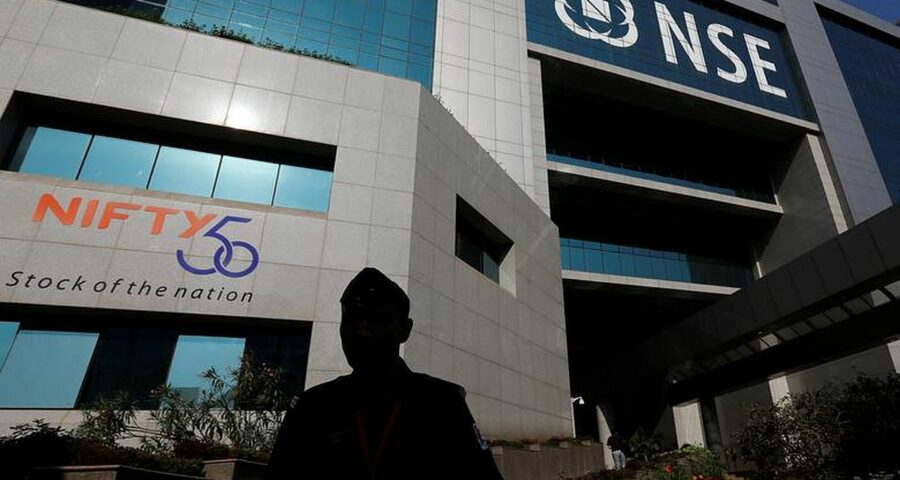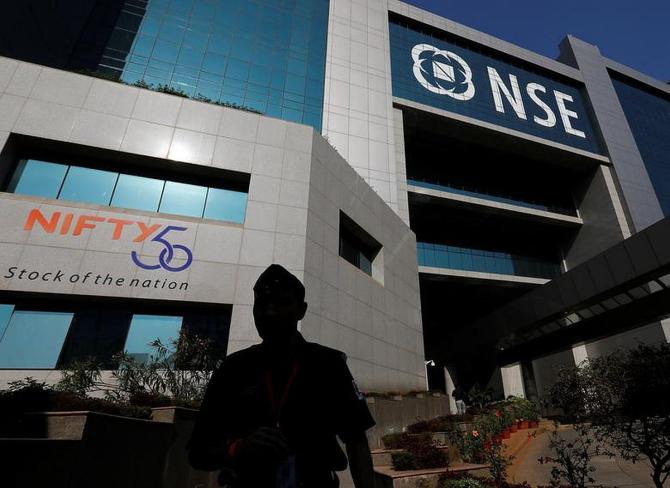BofA Securities has revised its year-end Nifty target from its earlier projection of 16,000 to 14,500 now – down over 6 per cent from the current levels.
Fast tightening monetary conditions, slowing growth/fears of US recession and the likely Nifty EPS (earnings per share) cuts, BofA Securities said, are the key headwinds for the markets in the near-term.
However, clarity on macro and monetary policy outlook in the US/India, it said, is the silver lining that could see markets bottom out by August/September 2022.
Here are five key reasons why the research and broking house has trimmed its Nifty target.
Monetary conditions: Global central banks are on a drive to curb the galloping inflation and have been raising rates.
Tightening liquidity, BofA Securities said, is negative for equity markets.
“G4 central bank balance sheets have a correlation of 0.97 with global equities (0.95 for G3 balance sheets with Indian equities).
“Estimated $3.2 trillion contraction in G4 balance sheets by December 2023 is expected, which is expected to drive equity underperformance,” wrote analysts at BofA Securities in a coauthored note led by Amish Shah, their head of India research.
Slowing growth/fears of US recession: Most economists now expect the US Fed to drive its economy into a recessionary phase in a bid to stem the surging inflation.
Economists at BofA, for instance, slashed their CY22 global gross domestic product (GDP) growth forecast by 100 basis points (bps) to 3.2 per cent, with risks firmly skewed to the downside.
They expect GDP growth in the US to slow to 2.3 per cent in CY22 (vs an earlier estimate of 4 per cent) and 1.4 per cent in CY23 (2.2 per cent earlier), with a 40 per cent chance of recession.
All this, BofA Securities said, will be negative for equity markets.
Earnings downgrades: Rising commodity prices is another issue. Despite several negative shocks, consensus estimates for Nifty earnings for FY23/24, BofA Securities said, have been raised by 4 per cent since January; and sees 24 per cent/15 per cent growth in FY23/24.
“BofA estimates remain 4 per cent lower for FY23 and we see scope for further downgrades: 15 per cent earnings growth could seem reasonable.
“Given cheaper inventory buffers largely mitigated the margin impact of high commodity prices in 4QFY22, we see some of these EPS cuts coming through in the first and the second quarters of FY23,” Shah wrote.
Firm crude oil prices: Soaring crude oil prices in the backdrop of the Russia-Ukraine war and the various sanctions imposed on the former are also likely to dent market sentiment going ahead.
Brent crude, which has averaged $104 per barrel YTD, is likely to average around $105 a barrel in the remaining part of CY22.
“While global oil demand is slowing, a spike to $150 a barrel remains a possibility if European sanctions push Russian oil output to less than 9 million barrels per day.
“That apart, China re-opening could push up crude demand,” BofA Securities said.
Valuations: Though the Nifty now trades at 17-times one-year forward consensus EPS (21x on January 01, 2022), or close to its 10-year average, it could see further contraction led by earnings cuts, slowing global growth, BofA Securities said. US potentially slipping into a recession is a key downside risk/ could also act as a negative trigger.
Source: Read Full Article


